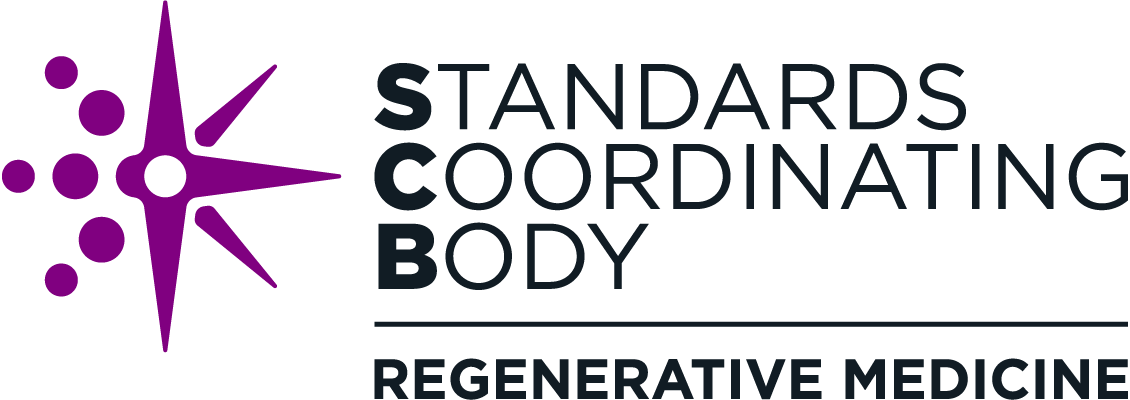SCB Perspectives: Successes in Advancing Standards as a Community
Dr. Sven Kili, Vice President of SCB
October 8, 2018
I was speaking at a meeting last week and, although the session was on transport and logistics, discussion quickly transitioned to standards and how much the regenerative medicine field needs some effective standards to help us serve patients more effectively. But it is not just transport and logistics standards that we need. We are currently looking at all aspects of the regenerative medicine value chain, working with key stakeholders and partners to define the areas most urgently in need of standards. Seeing the impact of coordination of the regenerative medicine community reinforces what we’ve hung our hat on at SCB—that coordination across the community to identify and advance needed standards will make our entire field more efficient and effective in delivering lifesaving therapies to those who need them most.
Thanks to your engagement and participation this year, we’ve been able to run several projects that have advanced standards to the point where we’ve been able to submit drafts to standards development organizations:
Ancillary Materials Used in Cellular Therapy Production – We’re currently supporting the development of a three-part ISO documentary standard on ancillary materials for cell manufacturing processes. We aided in drafting Part 2, “Best Practice Guidance for Ancillary Material Suppliers,” and pulled experts together to provide input for the other two installments. The standard was submitted to ISO for publication and is expected to be available for purchase in early 2019.
Characterization of Human Cells for Therapeutic Use – As part of our support for the development of an ISO documentary standard on the characterization of cell therapy products that aims to improve the accuracy of analytical tools, we assisted NIST in the development of the draft document and reviewed relevant cell characterization terminology. The draft document is currently moving to a Committee Draft (CD) within ISO; SCB will continue to provide support to ISO / TC 276 WG3 as the draft moves through the ISO standard development process.
Rapid Microbial Testing Methods (RMTM) – To help develop standards for identifying reliable rapid microbial testing methods, we co-hosted an in-person workshop with NIST, BioFabUSA, and NIIMBL in April to gather community inputs on RMTM technologies and standards. We used this knowledge to draft and present a white paper to the ISO / TC 276 committee on Biotechnology in June, which was favorably received and will be revised and presented at the ISO meeting in December. In addition, we presented a project idea on RMTM Scaffold Standards to ASTM Committee F04 in May and are now coordinating a working draft for discussion at a future ASTM meeting.
Transportation Requirements for Cell Therapy Products – Building on the efforts of an ISO group from Japan, we’re working with ISO US WG4 to address cell transportation challenges from the perspectives of cell therapy product suppliers and transportation/logistics companies. We formed a working group of experts and drafted and combined two documentary standards that define minimum requirements for regenerative medicine information technology infrastructure and transportation, shipment tracking and monitoring protocols, chain-of-custody requirements, and centralized logistics management systems. We presented these drafts to ISO/TC 276 in June and the standard was open for comment through September 15.
While it’s only a matter of time until the standards above are available for use, we’re actively working on advancing other standards through improved coordination. In fact, we just earned additional funding from the FDA to replicate this success in other critical areas where standards are needed. We also plan to host a workshop in January aimed at gathering community input on new ideas for needed standards and implement more structured processes for identifying and advancing standards. But we can’t do any of this without your continued engagement and participation.
So, a big THANK YOU to those of you who have worked with us so far to make important progress in regenerative medicine standards development. And to those who haven’t yet, I encourage you to get involved in any one of our ongoing projects or contact us today with any standards-related ideas or inputs you have as we work as one community to make our therapies safer and better for all.
